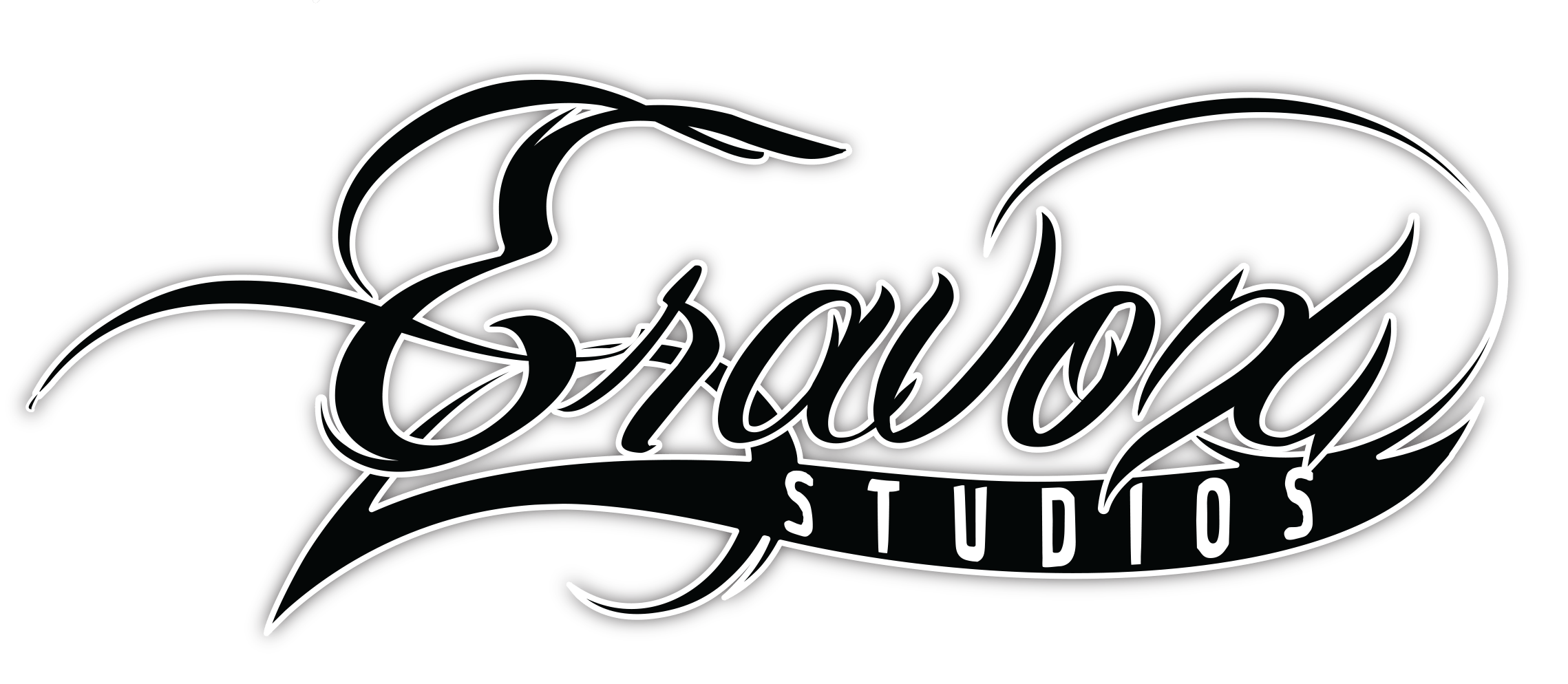An independent or indie label is a record label that is funded independently. It’s not connected to any of the three major labels namely Sony, Warner, and Universal, or any counterparts in your region. There are many types of indie labels, some are home-based labels while others are huge and highly profitable businesses. In the 1990s though, the distinction became blurry in that there are large indie labels that are distributed by the large three labels.
Despite the challenges in funding, several indie labels survived and thrives for several years. Some may not have lasted, but they made an impact on the music industry in terms of creativity and business.
Indie labels versus major recording labels
It’s given that indie labels may not be profitable on their own. But according to surveys, indie labels have now outperformed the three major labels in revenues. Indies have already collected 32 percent of the revenue market both in physical and digital formats. The independent label groups also have the highest physical music sales compared to each of the three major labels.
It’s difficult to count the number of independent labels available today. It’s because of digital music, which makes it easy for people to come up with their own labels without difficulty. Based on research, a small indie record label can be started using only a meager amount, anywhere from $20,000 and $50,000.
Benefits of signing up with an indie label
Independent labels are freer to choose the artists they sign on the roster. When they sign you up, it’s because they like your music and style. They are not likely to change your sound and image compared to the major record labels, giving you more creative control.
There’s a large possibility that you will have the rights to your music. This means that you will be able to do everything you want with your song after it is recorded. You may opt to sell it or have it used in any movie or TV show.
Most independent record labels offer shorter contracts. This offers you the chance to leave easily if things don’t work out. There’s no reason for you to get stuck in an arrangement you don’t like.
More benefits
An indie label can freely offer a customized contract to the artists they sign, unlike the major labels that are more concerned with their revenue percentage. Moreover, indie labels are more likely to offer higher royalty percentages. Some of the most common examples of custom contracts include having shared ownership rights, eliminating the key person clause, and a 50/50 profit share between the record label and the individual artist.
Transparency is also another great benefit. The major record labels may offer you big words and more money, but they will certainly collect their investment later on along with interest.
Artists tend to move from one label to another. It’s usual for artists to move to larger labels when they need the resources and as their music career improves. Indie labels are excellent places to start. Through these labels, you will be able to know all the tricks and tools, without sales quotas to consider. With indie record labels, an artist can enjoy more time with his or her craft, be able to find answers to all their queries, and instantly access producers and project collaborators.
Some minor drawbacks
With indie labels, you have to share the space with other artists. If you like to have a mentor that consistently works with you and if you find it hard to resolve issues, then an indie label is not for you. Indie labels have limited money to market their artists. They often rely on a small amount for marketing initiatives and a lot of word of mouth.
